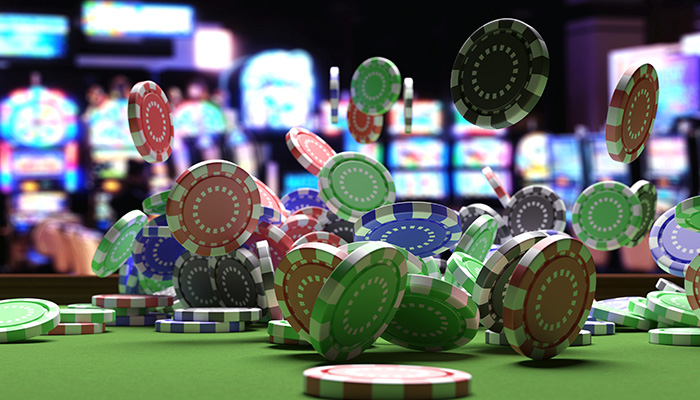Gambling games have been a well of entertainment and thrill for countless players around the globe. One of the main components that make these games engaging is the diversity of playing cards used in various kinds of games. Grasping the different types of cards can improve your experience and refine your gameplay approaches. Regardless of whether you are drawn to classic card games like Texas Hold’em and 21 or modern casino games, each game relies on a distinct set of cards that affects the rules and the rhythm of play.
In casino settings, cards come in several forms, each designed to fit the needs of particular games. From regular decks to custom card types, the diversity plays a key role in molding the mechanics of each game. By familiarizing yourself with these cards and their uses, you can achieve deeper insights into the games and make more informed decisions at the table. This knowledge not only enhances your gaming experience but also contributes to a higher-level approach to your chances of success.
Types of Playing Cards
When discussing casino games, the type of playing cards used can significantly impact the flow of the game and tactics. The most frequent deck is the standard 52-card deck, which consists of 4 suits: diamonds, clubs. Each suit contains 13 ranks, from Ace to King. This traditional deck is essential in many games, such as black-jack, where gamblers aim to form the best hand possible or approach 21 as they can.
Some casino games utilize special decks specifically designed for the game itself. For example, the well-known game of baccarat often employs various decks combined, typically six or eight. This not only increases the difficulty of the game but also affects betting strategies, as participants must account for the higher number of cards in play. Additionally, certain games may introduce jokers or wild cards, providing further variety and thrill to the gambling experience.

In niche games, custom decks may come into play. For example, in games like Bridge or pinochle, players might use specific rules with varied card values or functions. These changes keep the gameplay fresh and allow for diverse strategies to appear. Understanding the various types of playing cards and their particular uses in various casino games is key to enhancing one’s gambling experience and boosting overall results at the tables.
Deck Variations in Gambling Activities
In casino games, the type of deck utilized can significantly impact both the gameplay and the strategies used by participants. Most classic playing card activities, such as blackjack and poker, typically utilize a regular 52-card deck. However, modifications do exist where additional jokers or even multiple decks are used. For instance, in 21, some casinos may employ one to eight packs, which can change the probabilities and the basic strategy needed to play effectively. Players must be aware of the deck makeup, as it affects the house edge.
Another common variation in casino card games is the utilization of specialized or specialized decks. For example, some poker games might use a set of cards that features unique images or designs, which can enhance the atmosphere at the table. These custom decks often function to differentiate between different play formats or loyalty initiatives within the gaming establishment. While the standard rules of the activity remain the same, the visual appeal can influence participant engagement and satisfaction.
Lastly, the shuffling techniques employed with different kinds of decks can also impact gameplay. Ga179 Casinos often utilize automatic mixing machines that can randomly shuffle several decks effectively, making hand counting more challenging. The rate and manner of shuffling can differ widely based on the activity and the casino’s policies. Understanding these deck modifications is important for any player seeking to improve their tactics and overall satisfaction in gaming games.
Value of Playing Card Worth
In gaming activities, the value of each card plays a critical role in determining the outcome of multiple activities. Different games assign specific worths to cards, affecting tactics and player decisions. For instance, in blackjack, playing cards ranging 2 through ten are rated at their face worth, while face playing cards hold a worth of ten, and the Ace can be valued as 1 or eleven. Comprehending these values allows gamers to make knowledgeable decisions during play, enhancing their chances of winning.
Likewise, in Texas Hold’em, the significance of playing card values extends to combinations and combination values. Strong playing cards can form more powerful hands, such as two of a kind, straights, or flush hands, which are essential for winning in the game. Players must consider not only their own hand but also possible combinations their rivals might hold. This tactical depth adds thrill and complexity, making playing card values a central element in the appeal of poker attraction.
Additionally, the mental aspect of playing card worths cannot be overlooked. Gamers may use the knowledge of playing card values to deceive or trick their opponents. By grasping how a card’s worth can impact the game’s mechanics, gamers can more effectively navigate risks and gains, creating a thrilling environment in gaming games. Whether competing for entertainment or for actual cash, knowledge of playing card values significantly influences the overall playing experience.